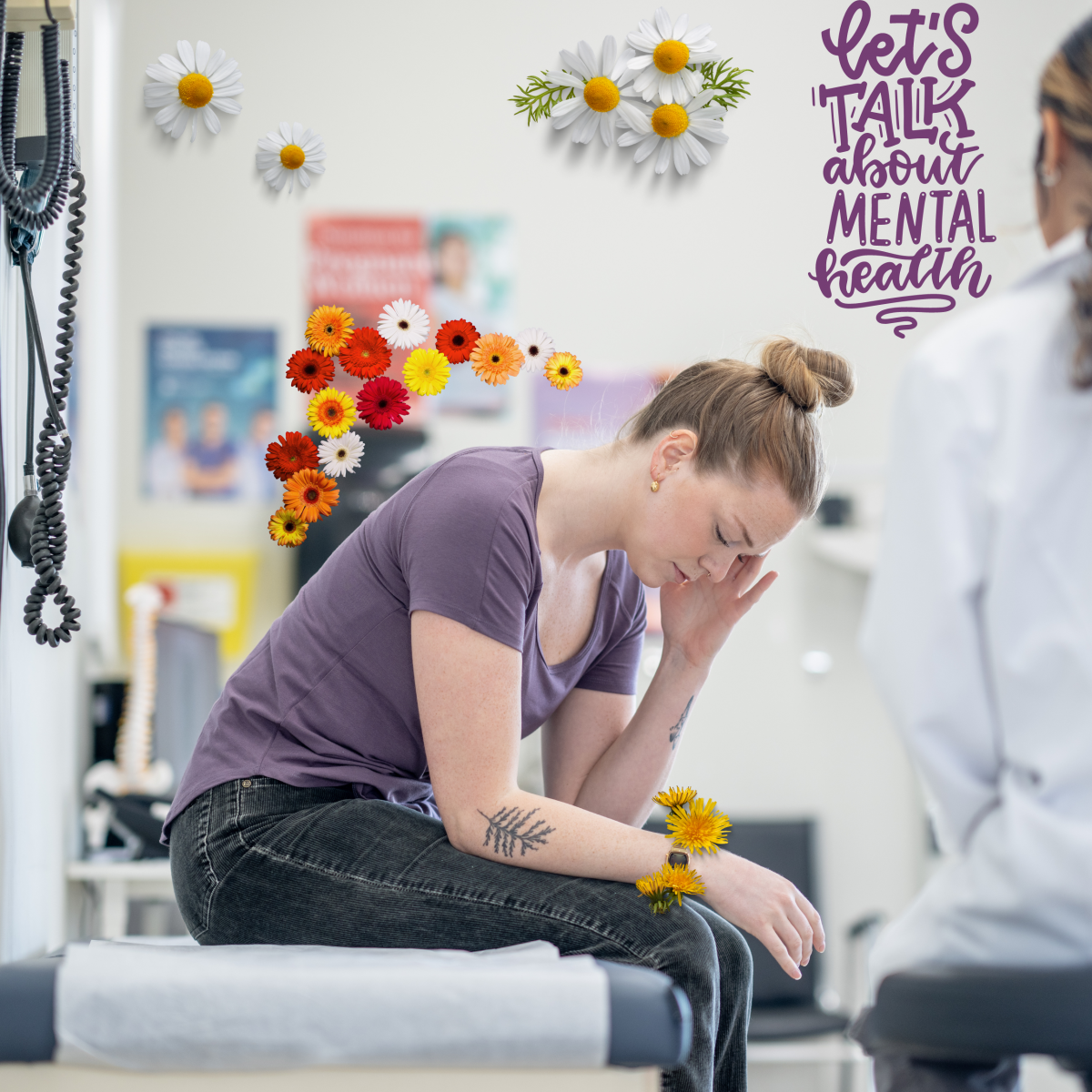Mental Health Nurse
Job Description
Mental Health Nurses are responsible for working with patients of all ages, their families and caregivers who have a mental illness or mental health issues. Mental Health Nurses may have undertaken further specialist training in mental health. They work with people with a range of conditions, which include but are not limited to:
- Depression
- Postnatal Depression
- Schizophrenia
- Bipolar Disorder
- Psychosis
- Substance Abuse
Mental Health Nurses help people by working with them plan their recovery, provide education to the individual, their family and doctors, provide support, provide counselling, help the individual deal with the symptoms and any medication side affects, review the mental health care plan with the treating doctor, and provide support in accessing other support services while working with other professionals who can assist the individual with managing their life. Government departments and not-for-profit organisations are the most common employers of Mental Health Nurses, however there are many in the industry who are employed by privately funded organisations. Mental Health Nurses work in Mental Health Units in public and private hospitals, psychiatric hospitals, community centres and service providers, and in-home care providers.
If you or someone close to you is experiencing an emergency, or is at immediate risk of harm, call triple zero (000). To talk to someone now, call Beyond Blue on 1300 22 4636 or Lifeline on 13 11 14.

Read about all other Specialty Nursing Roles here
Qualifications
A Mental Health Nurse is often required to hold a valid membership within their own area of expertise such as the Australian College of Mental Health Nurses. They may also undertake further specialist training in mental health.
All Nurses must apply to the Nursing and Midwifery Board of Australia (NMBA). Registration must be renewed annually.
To become a Mental Health Nurse you will first need to be a Registered Nurse (RN). To become a Registered Nurse in Australia you need to complete a 3-year Bachelor of Nursing, which is available at most Australian universities. Alternatively, for students with previous tertiary qualifications, complete a two-year Master of Nursing (Graduate Entry) program. Further study is essential if you are looking to take the next step in your career and advance in specialist nursing roles.
Registered Nurses work as part of a multidisciplinary team alongside other skilled professionals including doctors, surgeons, specialists, therapists, specialty nurses, social workers and many others to provide ongoing patient care to people who are sick, disabled, injured or recovering from surgery.
Registered nurses deliver primary health care predominantly in hospitals, clinics, assisted living facilities, aged care facilities, Government or military institutions, community or school settings, in the home or in outpatient facilities.
Some of the responsibilities of Nursing include:
- Assessing, observing and speaking to patients
- Planning and carrying out nursing care according to accepted nursing practices and standards
- Monitoring the condition and health of patients and record their progress
- Recording vital signs - temperature, blood pressure, heart rate and blood sugar
- Drawing blood, urine samples, and other body fluids for lab work
- Preparing patients for exams and treatment
- Administering medications, monitoring patients for side effects and reactions
- Providing pre-operative and post-operative care
- Dressing wounds, providing interventions, treatments, therapies, medications
- Assisting in medical procedures as needed
- Consulting with other health professionals such as doctors
- Taking part in health education and other health promotion activities
- Educating patients and families about treatments, care and health
- Providing emotional support to patients and relatives
- Supervising and mentoring trainee nurses and students
You can specialise in other roles while working as a Nurse, undertaking further studies to obtain qualifications and specialise in a particular area of nursing.
Attributes
- Approachable
- Autonomous
- Calm
- Cheerful
- Communicator
- Confident
- Courteous
- Determined
- Devoted
- Diligent
- Energetic
- Enthusiastic
- Focused
- Integrity
- Interpersonal
- Organised
- Patient
- Perceptive
- Positive
- Procedural
- Punctual
- Welcoming
Key Skills
- AHPRA Registration
- Nursing Practice
- Quality Improvement
- Critical Care
- Conflict Resolution
- Patient Care
- Developing and implementing care policies
Future Prospects
Registered Nurses can undertake further studies to obtain qualifications and progress their career into more senior positions such as;
Registered Nurses can specialise in other roles, undertaking further studies to obtain qualifications and specialise in a particular area of nursing. Specialised Nursing Roles include:
- Aged Care Nurse
- Alcohol & Other Drug Nurse
- Anaesthetic Nurse
- Cardiac Nurse
- Child and Family Health Nurse
- Community Health Nurse
- Critical Care & Emergency Nurse
- Flight Nurse
- Infection Control Nurse
- Intensive Care Specialist Nurse
- Mental Health Nurse
- Midwife
- Oncology Nurse
- Paediatric Nurse
- Palliative Care Nurse
- Perioperative Nurse
- Post Operative Nurse
- Rehabilitation Nurse
- Surgical Nurse
- Theatre Nurse
